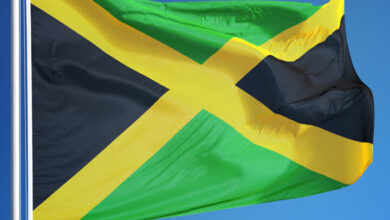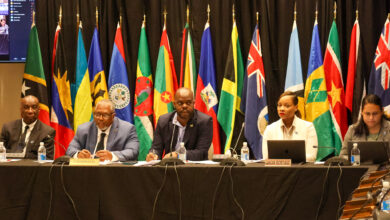PORT OF SPAIN, Trinidad and Tobago, Guardian – The forced departure of athletes Kelly-Ann Baptiste and Semoy Hackett from the Trinidad and Tobago team camp at the 2013 World Championships in Moscow should stand as a moment for introspection and careful reconsideration of the practices and methodologies of the local athletics association. The situation for Ms Baptiste is particularly surprising, since this is the first charge of doping to be lodged against the promising young sprinter and the details of her case are yet to be fully articulated. Baptiste is one of T&T’s most promising athletes, ranked second on the IAAF 2012 Outdoor World Track and Field rankings for the Women’s 100 metres. In the case of Semoy Hackett, however, taking the athlete to Moscow to compete was a wholly unnecessary bit of bravura that only led to embarrassment for the sprinter when the International Association of Athletics Federations (IAAF) made sure that their ruling on her eligibility to compete slammed home. Hackett was first banned for six months in May 2012 after testing positive for the stimulant methylhexaneamine at the August 2011 National Track and Field Championships. Ms Hackett claimed to have drunk from a colleague’s beverage which contained the stimulant. Methylhexaneamine is found in energy drinks and dietary supplements and was originally introduced as a nasal decongestant.
News Letter
Subscribe to our mailing list to get the new updates!
Related

CARICOM ASG Champions PTAs as critical partners in Education Transformation and Regional Development
October 3, 2025
Check Also
Close




